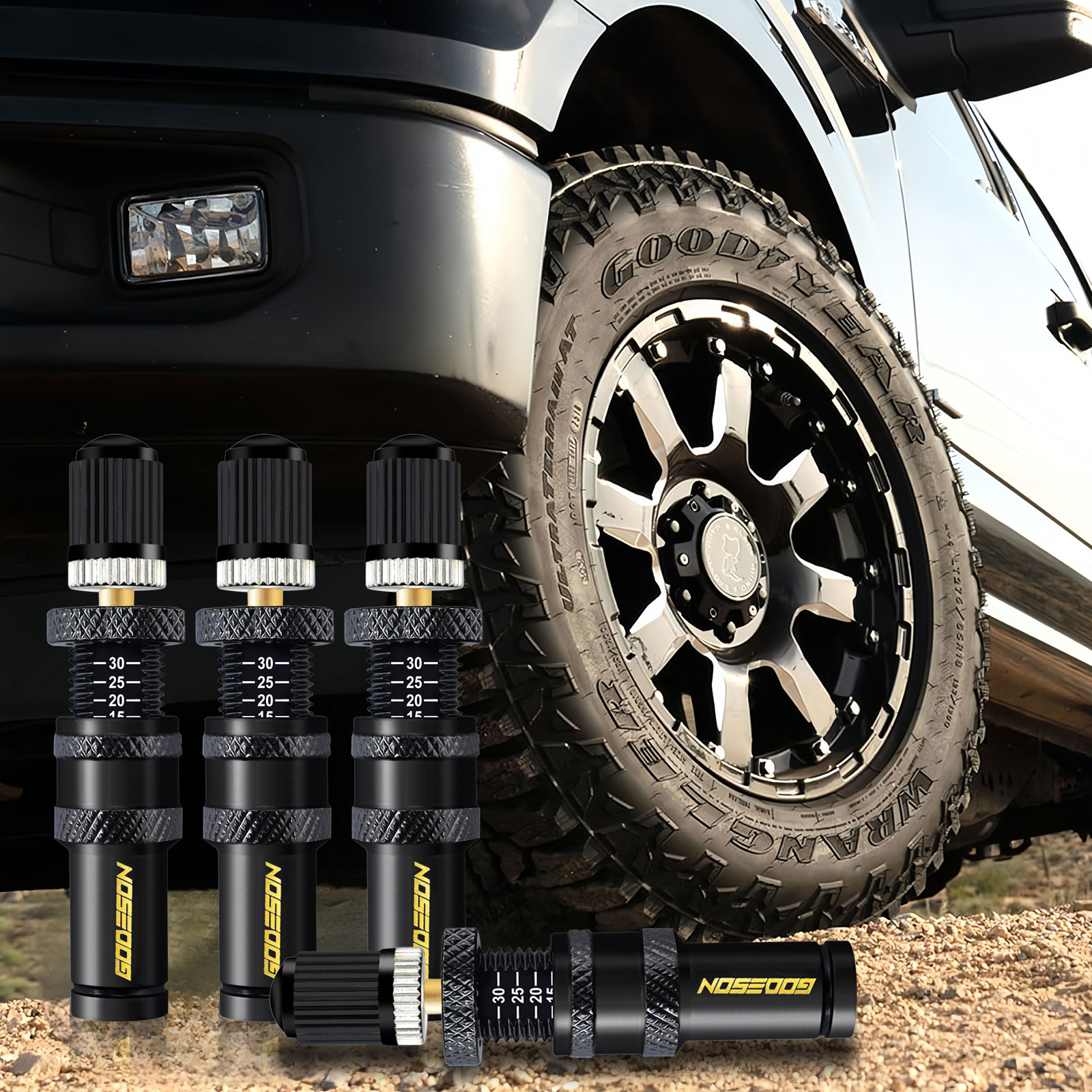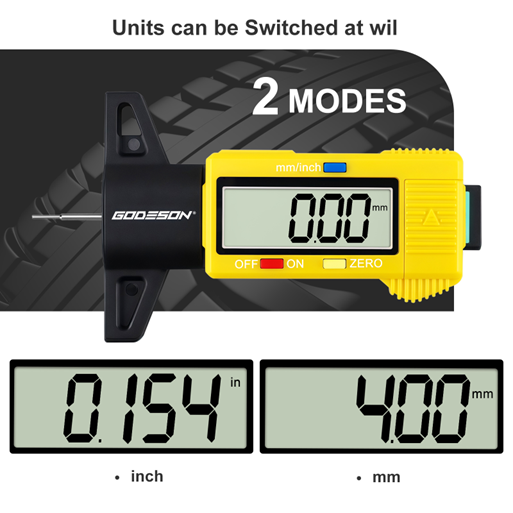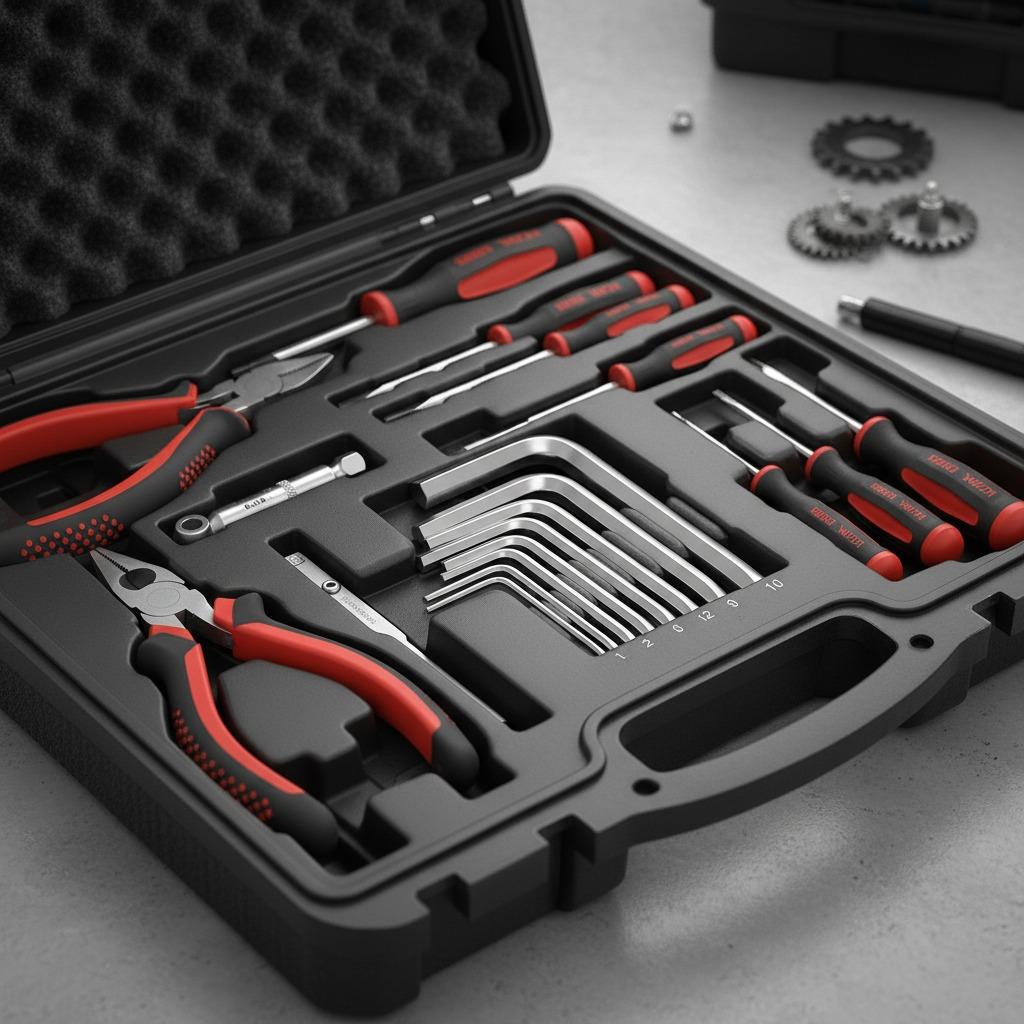The Essential Guide to the Click Torque Wrench
A high-quality click torque wrench is one of the most critical tools in any mechanic's or serious DIY enthusiast's arsenal. Unlike a standard wrench used for simple loosening and tightening, a torque wrench is a precision instrument designed to apply a specific amount of rotational force, or torque, to a fastener like a nut or bolt. This precision is not a luxury; it's a necessity for ensuring the safety, reliability, and longevity of modern machinery, especially in the automotive world. When components are fastened to manufacturer specifications, it prevents issues like stripped threads from over-tightening or dangerous component failure from under-tightening. Among the various types available, the click-style wrench stands out for its durability, ease of use, and satisfying tactile feedback that signals when the desired torque has been reached.
Understanding the Mechanical Click Torque Wrench
The heart of this tool's popularity lies in its robust design. A mechanical click torque wrench operates on a calibrated internal spring and clutch mechanism. As you turn the handle, you are pre-loading this spring to a specific tension that corresponds to the torque value displayed on the scale. When you apply force to the wrench and the fastener, the internal mechanism resists until the applied torque equals the pre-set tension. At that precise moment, the clutch breaks away slightly, causing the head to pivot or 'break' momentarily, which produces the audible and tangible 'click' you hear and feel. This simple yet ingenious system is what makes the mechanical click torque wrench so reliable. It requires no batteries, has no digital screens that can fail, and is built to withstand the rigors of a busy garage environment. Its straightforward operation makes it accessible for beginners while offering the accuracy demanded by professionals.
Why You Need a Click Torque Wrench for Automotive Work
For anyone working on cars, a click torque wrench for automotive applications is absolutely non-negotiable. Modern vehicles are complex machines with components made from various materials, including lightweight aluminum and composites, which are highly sensitive to fastener pressure. Consider the process of tightening lug nuts on a wheel. Uneven or incorrect torque can lead to warped brake rotors, vibrations while driving, or, in a worst-case scenario, a wheel coming loose. Inside the engine, tasks like tightening head bolts, spark plugs, or bearing caps require exacting torque values to ensure proper sealing and function. Too much force can damage the part or strip the threads in the engine block, leading to catastrophic and expensive repairs. Too little force can result in fluid leaks or parts vibrating loose. Using a click torque wrench for automotive tasks eliminates the guesswork, ensuring every critical fastener is secured exactly as the engineers intended, safeguarding both the vehicle and its occupants.
The Critical Importance of Click Torque Wrench Calibration
Because it is a precision instrument, maintaining its accuracy is paramount. This is where the process of click torque wrench calibration comes in. Over time and with repeated use, the internal spring mechanism can fatigue or shift, causing the wrench to deviate from its set values. A wrench that has been dropped can be knocked out of alignment instantly. Using an inaccurate torque wrench is just as dangerous as using no torque wrench at all, as it provides a false sense of security. It is industry standard to have a professional perform a click torque wrench calibration annually or after a specific number of cycles (often around 5,000 clicks). This service uses specialized equipment to test the wrench's output at various settings and adjust it back to within its specified tolerance. Investing in regular calibration ensures that your tool remains a reliable instrument for precision work, protecting your investments and ensuring safe, high-quality repairs.
How to Interpret Click Torque Wrench Reviews
When you are ready to purchase a new tool, navigating the sea of click torque wrench reviews can be challenging. To make an informed decision, it's important to know what to look for. Beyond the star rating, focus on reviews that discuss accuracy out of the box. Some users may even test a new wrench against a known calibrated one. Pay attention to comments on build quality, such as the material of the handle, the clarity of the engraved scale, and the positive feel of the adjustment lock. Ease of use is another key factor; a wrench that is difficult to set or has a hard-to-read scale can lead to errors. Analyzing click torque wrench reviews from multiple sources, including professional tool websites and enthusiast forums, will provide a more balanced view than relying solely on retailer product pages. A good review will often detail the types of jobs the tool was used for, giving you a better idea of how it will perform for your specific needs, whether for light-duty tasks or heavy-duty engine work.







